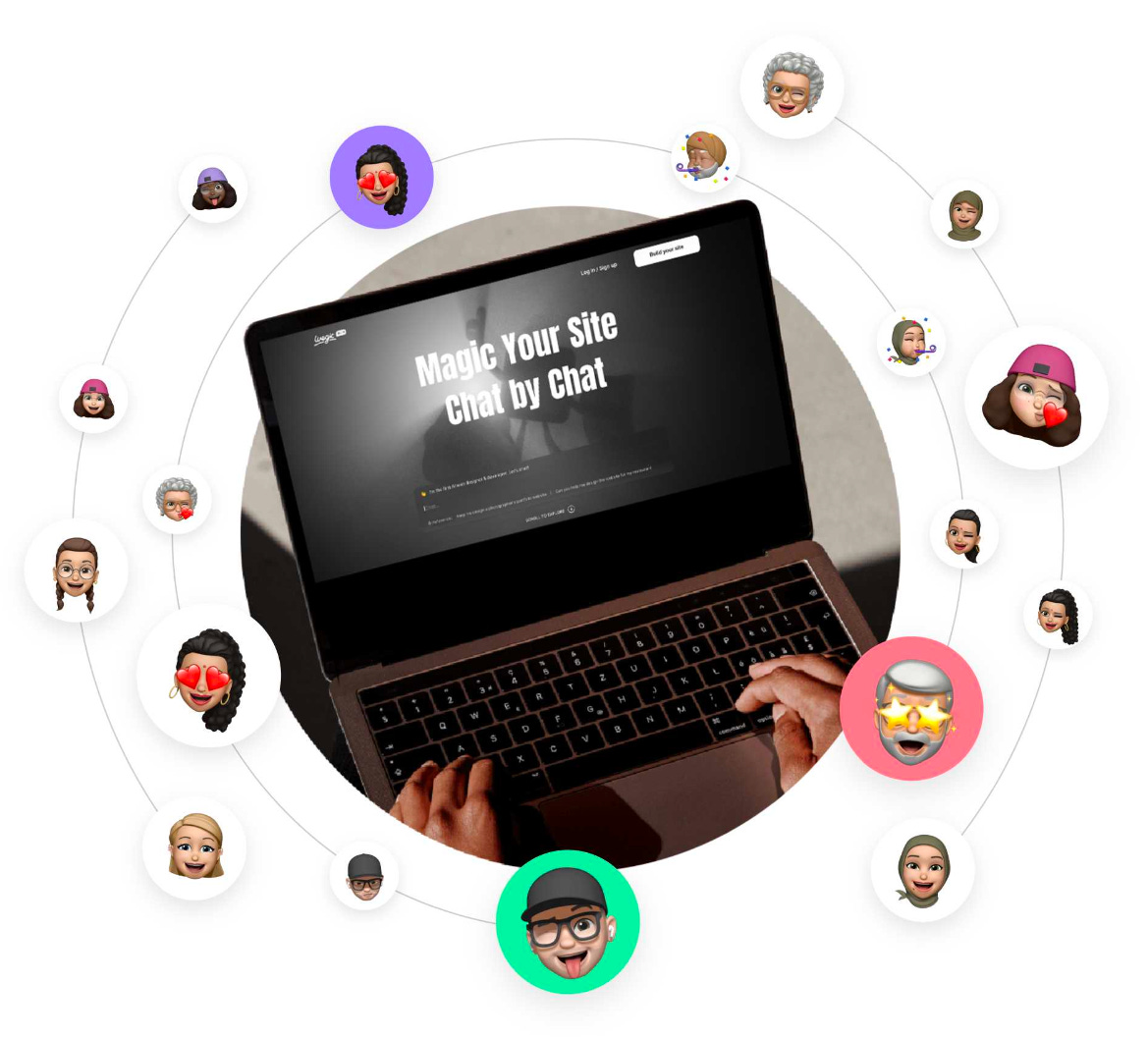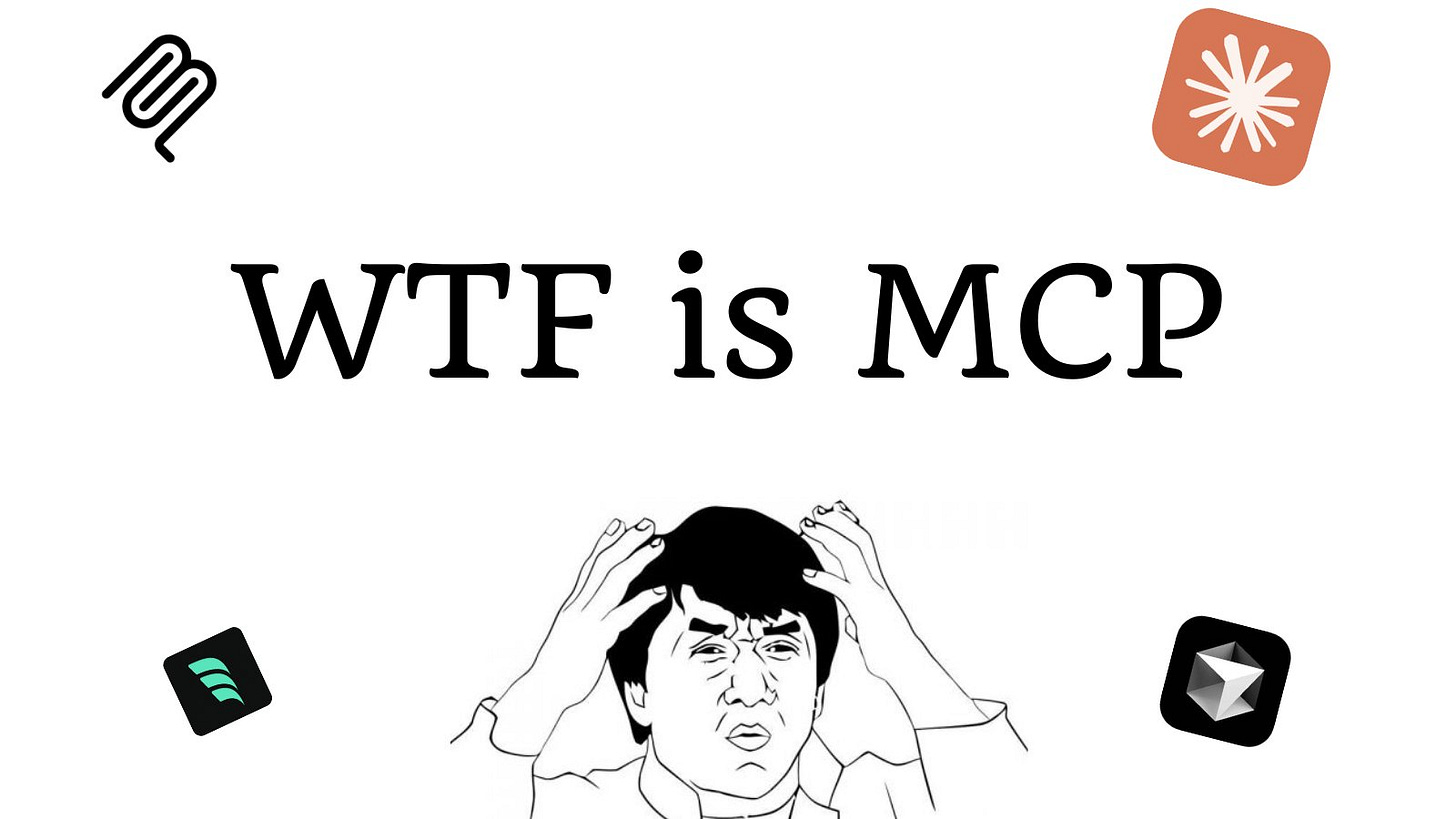What I Learned Last Week #10
AI Snake Oil book. 3-minute websites with Wegic. Perplexity trying a shady move. Trump wants kids to learn AI. Roo Code as an alternative to Copilot/Cursor. Is AGI here already? More MCP. And more...
I started this newsletter ten weeks ago because I realized the best way to learn something new is to write about it. You are one of the 170 subscribers, and I want to thank you because you drive me to learn and experiment with many cool new things. Here are some of them:
AI Snake Oil is a book that dismantles a lot of AI myths (it came at the right time!)
Wegic can help you build a webpage in 3 minutes. Play with it!
Perplexity (which I totally love) makes a controversial move in ad territory.
One good thing from Trump: an executive order to teach AI in classrooms.
I switched from GitHub Copilot to Pear AI and now to Roo Code, and it’s great!
Ethan Mollick (and his AI avatar) are debating whether AGI is already here.
P&G, not the most innovative company, finds out how much AI benefits teams.
A rookie’s guide to building houses, organizing your folders, and more with MCP.
Peter Yang finds out which AI tools are worth paying for and when.
And a side note (not worth an article): I am playing with n8n to build AI agents (I built one to help me with sorting invoices and bank statements, and another one to help me with RFP/tender documentation). The results are very exciting!
AI Snake Oil: What AI Can/Can’t Do and How to Tell the Difference
I am devouring Narayanan and Kapoor's new book, and it's the BS detector we desperately need in the AI space. They dissect where AI works, where it falls flat, and how to spot tech companies selling digital snake oil. Rather than fear AI overlords, they argue we should focus on how humans are wielding AI in education, healthcare, and criminal justice. A must-read for AI enthusiasts like me. Or you (I suppose that’s why you subscribed to my newsletter). Get the book here →
Wegic Helps You Build a Website in 3 Minutes
I played around with Wegic's AI-powered website builder. They have a funny-looking team of AI agents: Kimmy the designer, Timmy the developer, and Turi the manager. These agents handle everything from design to development through simple chat interactions. I built a landing page in 3 minutes, and it’s fun to use, which proves one of my assumptions: that one of the main keys to success with AI apps is the user experience (everyone uses the same LLMs behind the hood). Give it a spin →
Perplexity's Browser Play Is a Take On Google’s Chrome Advertising Model
Perplexity CEO Aravind Srinivas has just revealed that their browser, Comet, will track users' online activities to build detailed personal profiles for targeted advertising. While Google faces antitrust scrutiny for similar practices, Perplexity is openly embracing this controversial business model, betting users will accept comprehensive surveillance in exchange for 'hyper-personalized' ads. I love Perplexity’s product, so I am not sure whether this is a bold strategy or a privacy nightmare… Read more →
Trump's AI Education Push
I’ll steer clear of political opinions, but this one is a big thing coming out of the White House. Trump signed an executive order creating a task force to integrate AI literacy into American classrooms. It may be a reaction to China announcing a similar education initiative a few weeks ago, but who cares? What you should be afraid of is a 9-year-old being better at AI than you will ever be! Read more →
Roo Code Is an Even Better Alternative to Copilot/Cursor
One of my friends just pointed out Roo Code, an open-source, model-agnostic VS Code extension that's giving GitHub Copilot a run for its money (I find it to be better than Pear AI as well because of its Boomerang mode). The tool understands your entire codebase to help with writing, refactoring, and debugging. You can bring your own AI model rather than being locked into a specific provider. Try it out →
Special note: Vlad shared with me a cool yet unusual use case for using vibe coding tools. You can define agents for researching and writing books and other long-form content types, which gets around the current limitations for output of most LLMs. Reach out to him if you want to learn more.
How o3 and Gemini 2.5 Challenge Our Definition of AGI
The latest AI models show wildly uneven capabilities: superhuman in some areas while failing at simple tasks in others. When Ethan asked o3 to create a cheese shop business from scratch, it delivered a complete solution in minutes. It also generated a 26-page solid summary on the morals surrounding AGI, then used HeyGen to generate the above podcast, using Ethan’s avatar. Amazing? Then why did the LLM stumble on an old, basic brainteaser? Have we reached AGI already, just not the smooth, consistent version we imagined? Read more →
How AI Co-Workers Are Reshaping Team Dynamics
A recent P&G study revealed that AI doesn't just boost individual productivity; it transforms teamwork entirely (and this is coming from P&G, which is not a tech company!). Individuals with AI matched teams without it, while AI-enabled teams produced the most exceptional solutions. Most surprisingly, AI broke down professional silos, with specialists creating more balanced work and novices performing like experts. Is “fake it until you make it” turning into “use AI until you make it”? Read more →
WTF is MCP?
If you thought that MCP (the Model Context Protocol from Anthropic) is only about vibe coding or complex technical stuff, you are wrong. You can do so much more! For example, organize your chaotic Downloads folder, build a model for your house in Blender, or something to 3D print (I am experimenting now with building Gridfinity containers). MCPs can be seen as universal translators letting AI interact with your apps; they standardize how AI connects to tools. No custom code needed. Implementing them takes some simple copy-paste steps, making your AI more practical. Read more →
Which AI Deserves Your $20?
A Showdown of Modern LLMs
I've spent months testing the various models, but Peter Yang has done a lot better and has the answer to this question: if you only had $20, what premium version would you pay for? Claude? Which is unmatched for writing and coding? ChatGPT for versatility, including your favorite Ghibli-style images of you and your cat? Gemini for massive context windows and video? Grok for deep research? Perplexity as a Google replacement? Which one is better? →
I hope you found something interesting. Feedback from you helps me, so tell me what you want to hear more about, what is not relevant or boring, and what I should learn or build! I reply to each and every email without using AI, I promise!













